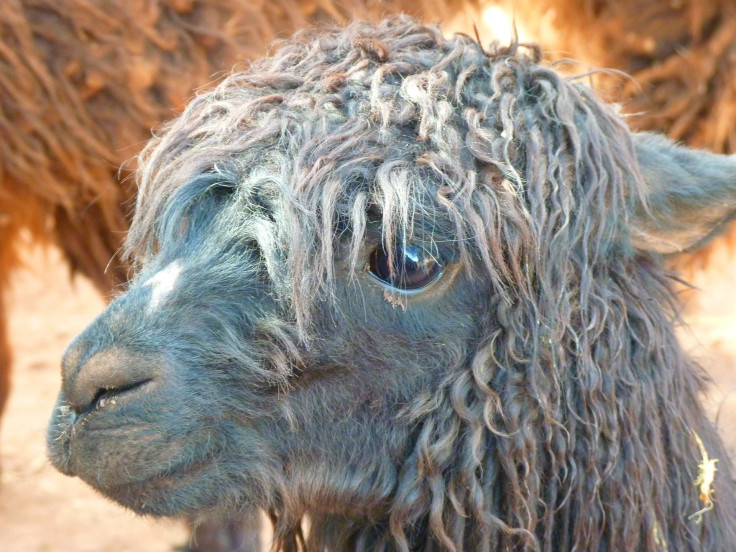Hair And Health: 4 Ways Medical Conditions Can Change Your Hairstyle

Plenty of men and women spend a lot of time fixing their hair, and a lot of people complain that their hair is unruly or otherwise unmanageable. But that’s just on a normal day, without a medical condition affecting their hair. Health conditions, much like they can affect other aspects of your appearance, like your skin and teeth, can also wreak havoc on your hairstyle — or improve it, depending on your fancy.
Read: 5 Medical Conditions That Change Your Physical Appearance
Volume
If you’re looking for hair that’s larger than life, getting pregnant will give you a boost. It sounds backward, but it’s because hairs grow more slowly before they move onto their resting phase, which ends in the hairs falling out, according to Today. Because this slower movement leads to more growing-stage hair, your mane will look thicker. But it’s only temporary — when hormone levels return to normal after birth, those extra hairs will go into their resting phase in larger numbers than usual, and the hair thins back out.
Corkscrew hairs
Not having enough vitamin C in your diet could cause your hairs to grow in a corkscrew pattern because of bleeding around the hair follicles. That vitamin deficiency causes scurvy, the illness most commonly known as one affecting pirates. The National Institutes of Health says getting less than 10 milligrams of vitamin C a day for about a month will bring on the disease. In addition to the corkscrew hairs, people with scurvy get swollen and bleeding gums, loose teeth, joint pain, depression and skin discoloration.
Read: 7 Health Problems That Cause Strange Bleeding
Hair loss
Hereditary baldness is, of course, a cause of hair loss, but health conditions as varied as thyroid problems, infections and stress can all make those curls fall out. The Mayo Clinic says it’s normal for people to lose up to 100 hairs every day, as new hairs are growing in all the time. But hormone imbalances like the kind caused by thyroid issues can lead to hair loss. Ringworm, an infection that may target hair and the scalp, will cause itchy bald patches but is treatable and the damage is reversible if it has not become severe. Mental illnesses are also a culprit: Anxiety can force hair follicles into a resting phase, causing them to fall out. Stress is also a trigger of alopecia, a condition in which the immune system attacks the follicles and leads to hair loss.
Dandruff
When those white flakes of dead skin start appearing on your hair and shoulders, it may be dry skin that is treatable with dandruff shampoo or may signal a sensitivity to a hair care product. In other cases, there may be an underlying condition causing the flakes. According to the Mayo Clinic, it could be a skin condition called seborrheic dermatitis, a common cause of dandruff that is characterized by irritated and oily skin and can also affect the eyebrows, the sides of the nose and behind the ears, as well as other areas with oil glands like the armpits and groin. There is also a fungus called malassezia that can irritate the scalp and spur skin cell growth. The Mayo Clinic also says that neurological diseases like Parkinson’s and immune system deficiencies like those caused by HIV increase the risk of dandruff, although it’s unclear why.



























